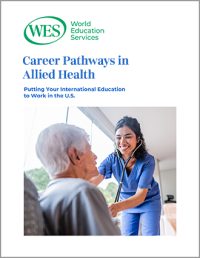The purpose of this study was to conduct a systematic review of the existing literature regarding trauma-informed education programs and their impact on academic and academic-related outcomes. The articles included for review (n=15) contained data on trauma-informed education programs implemented in preschool, primary/elementary, and high school settings. Academic and academic-related outcomes reported included attendance, disciplinary […]

